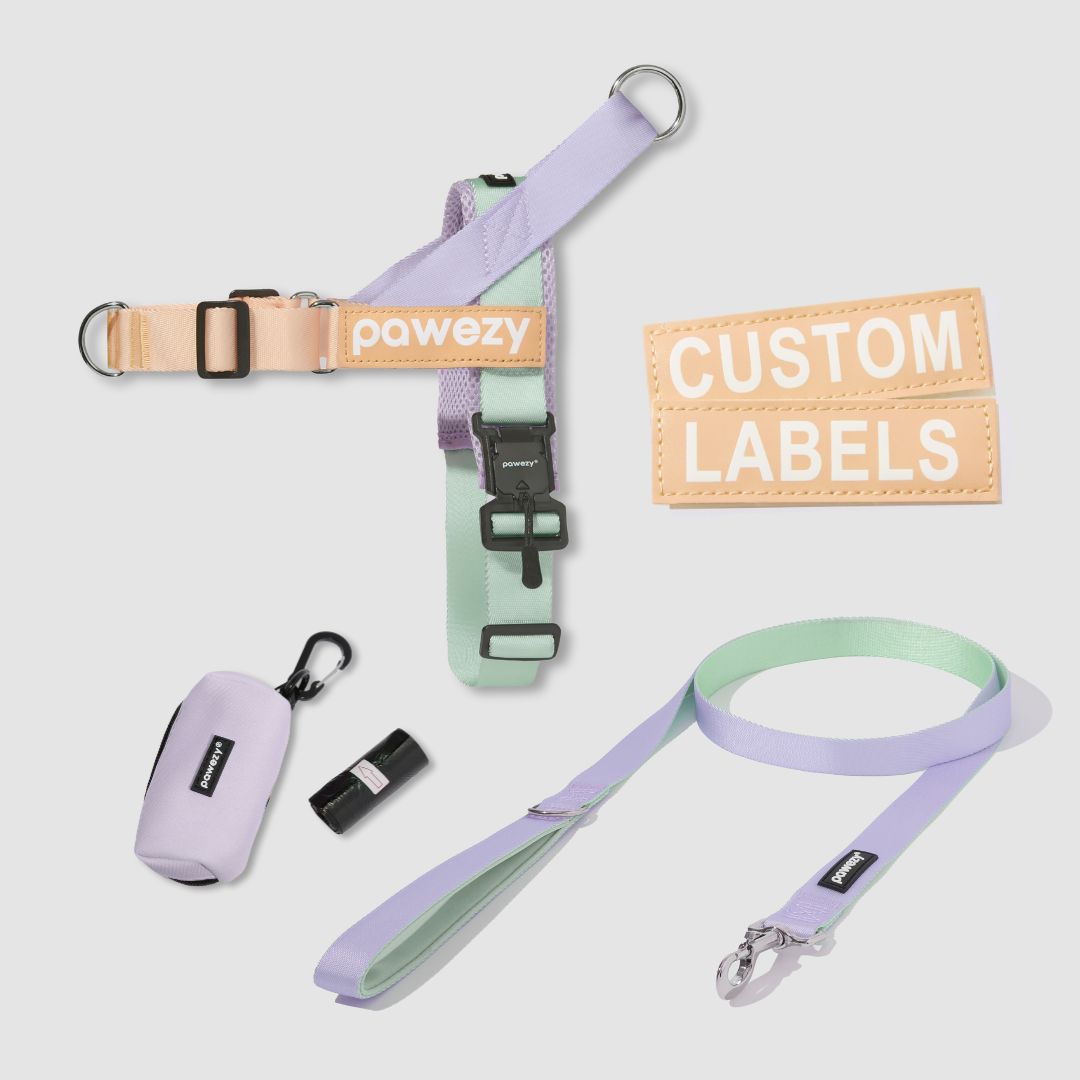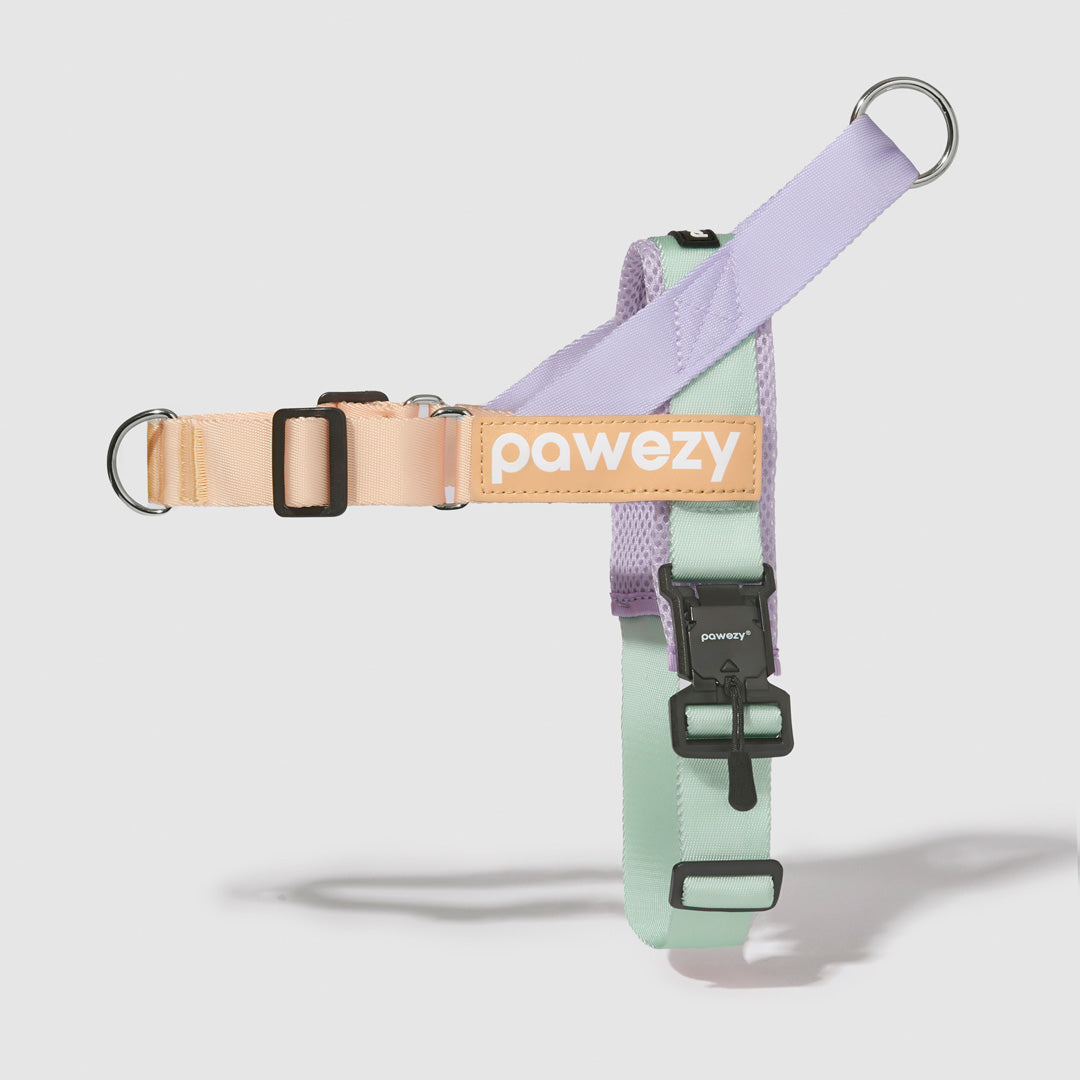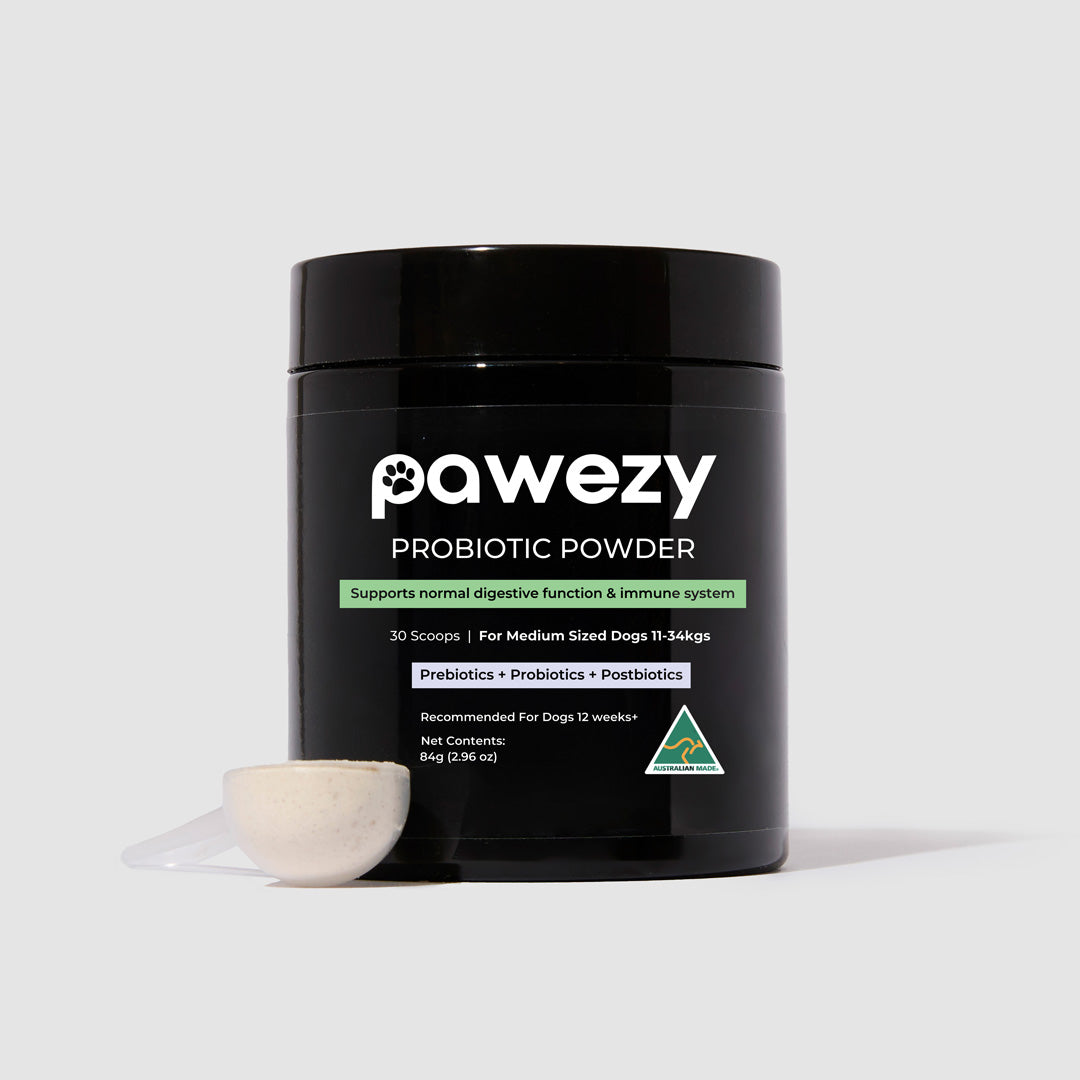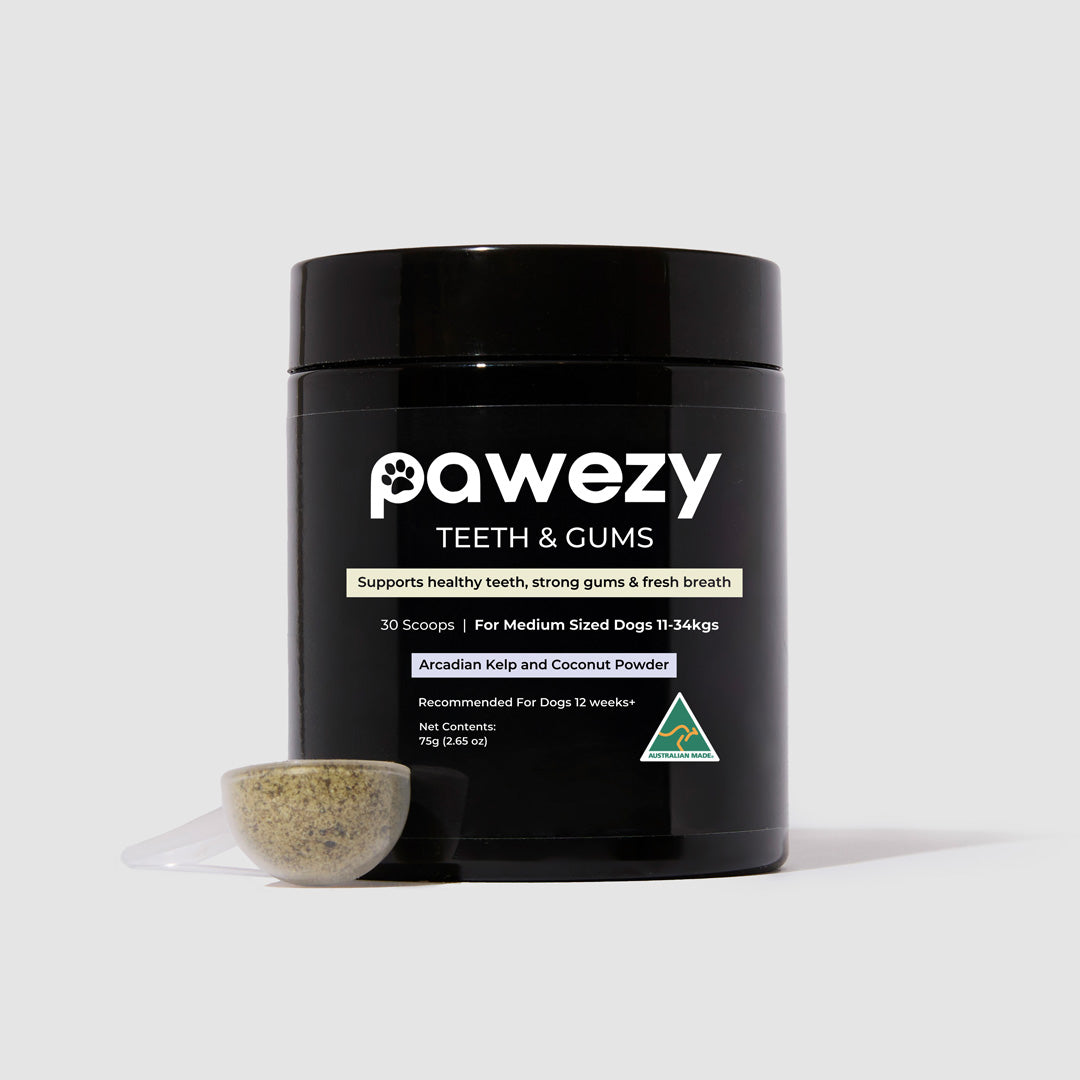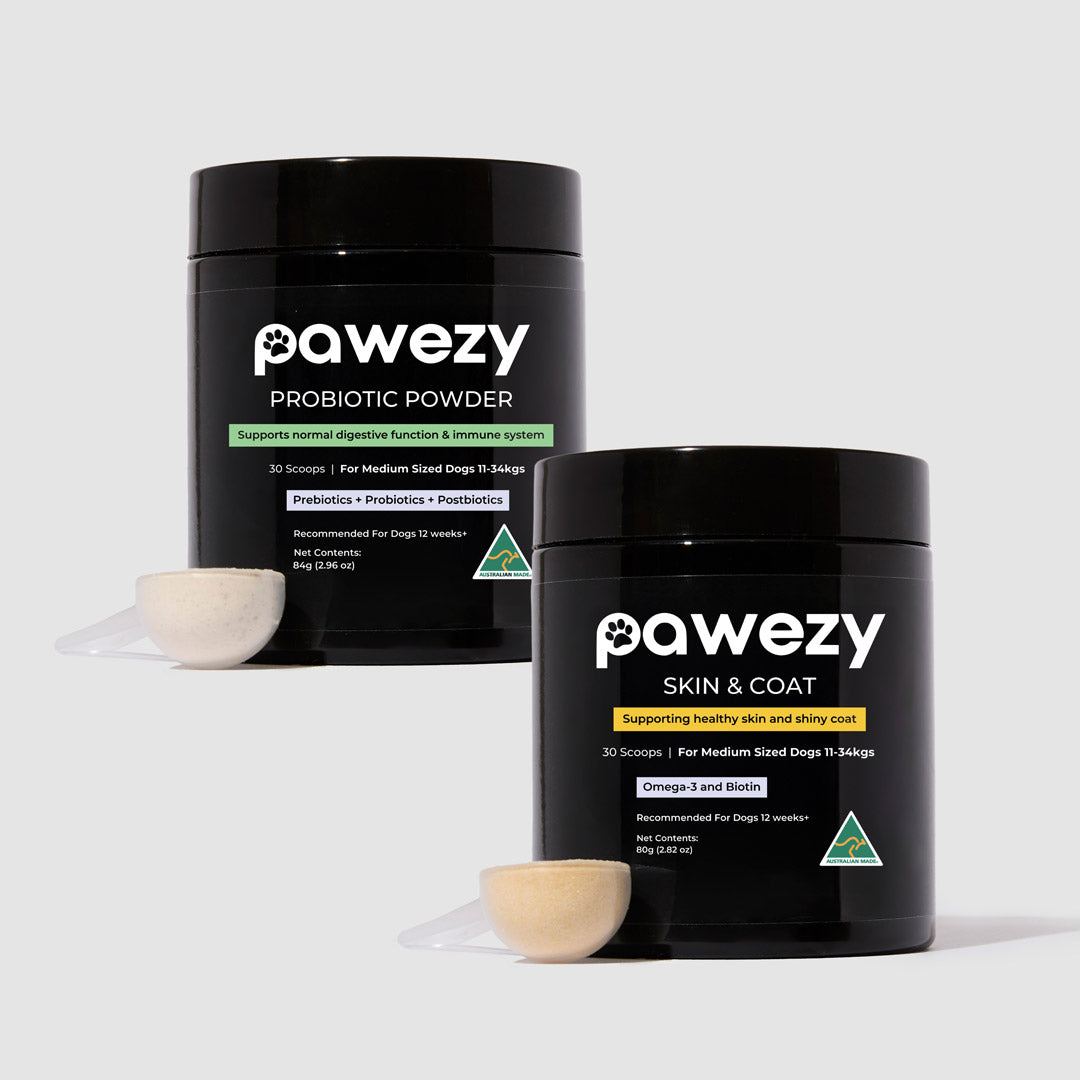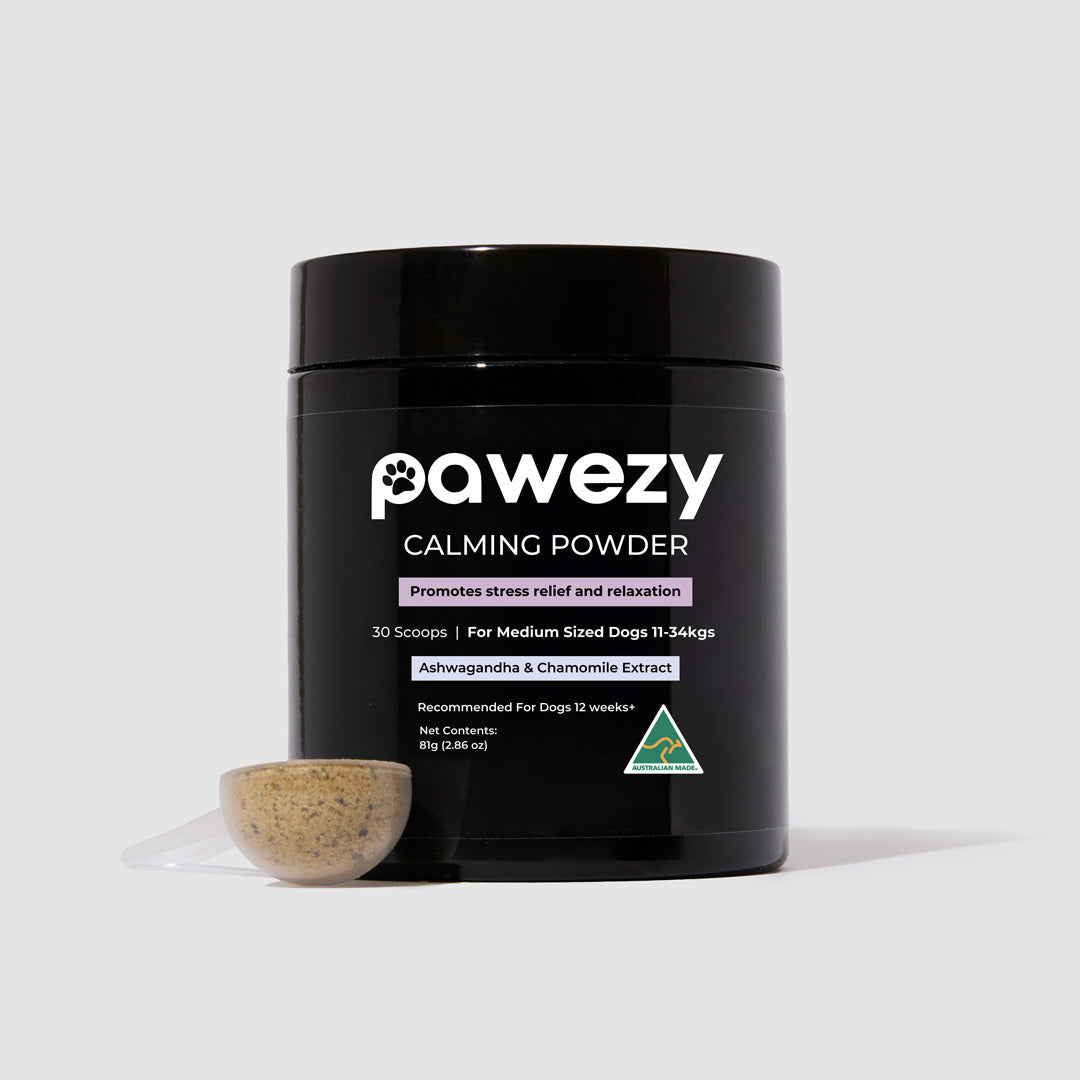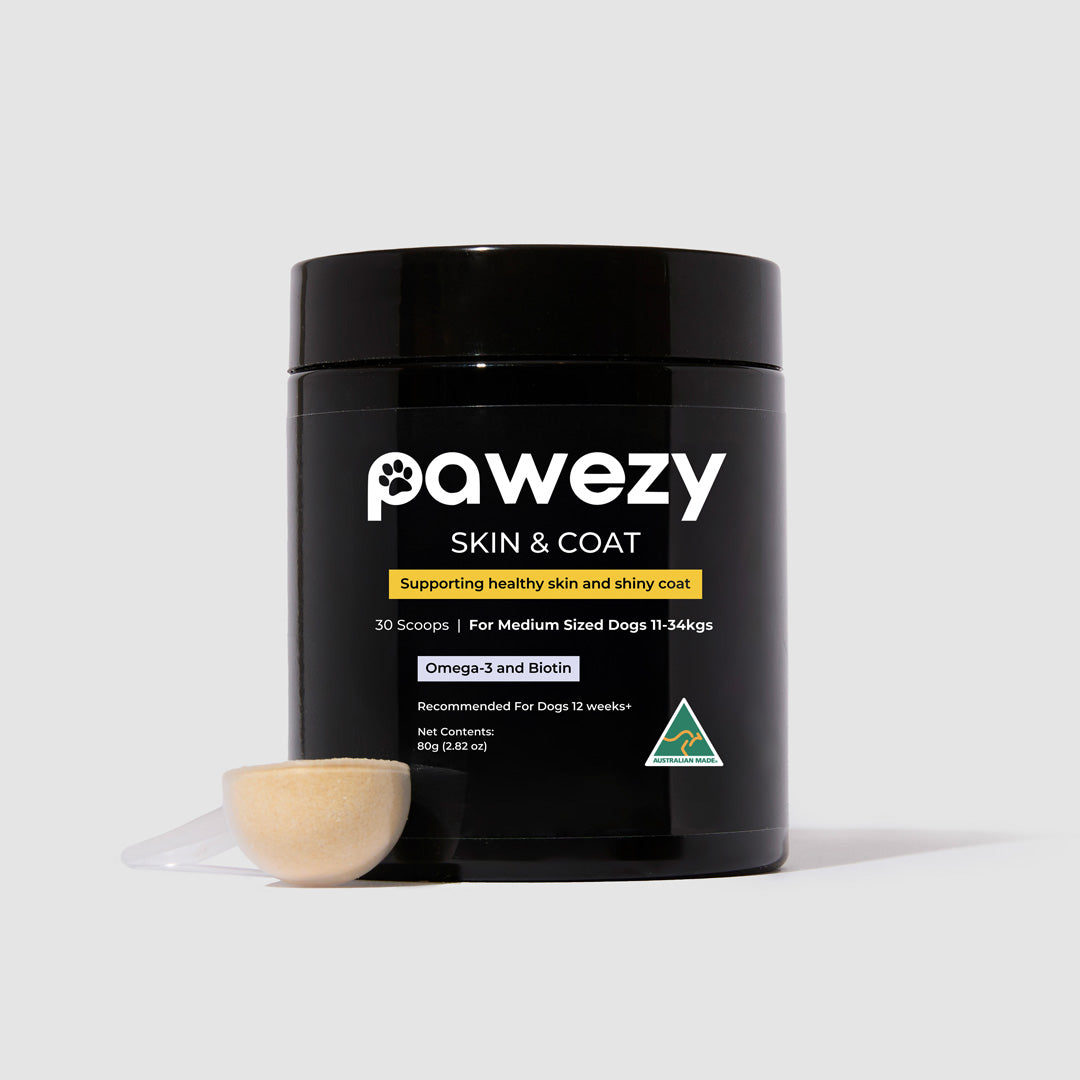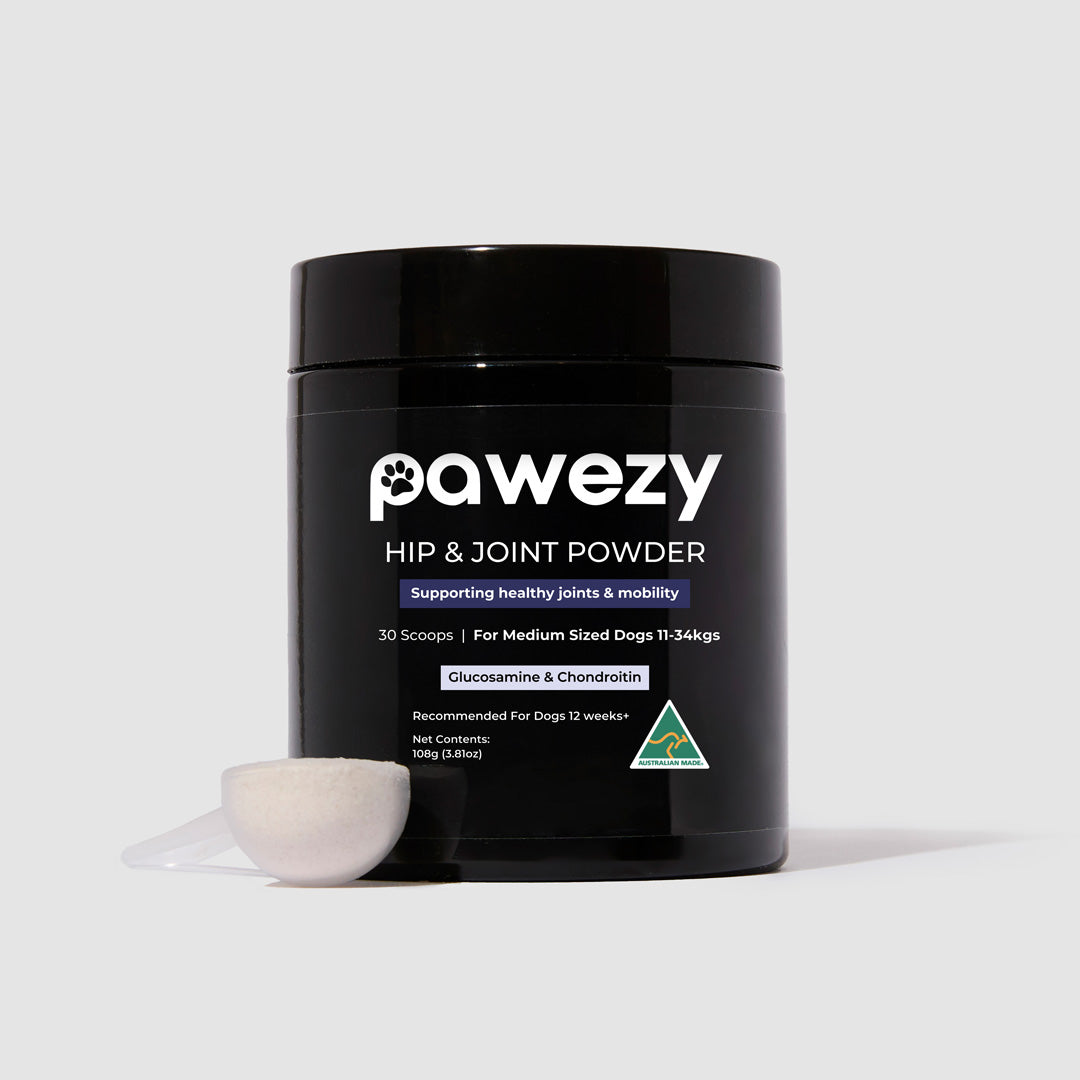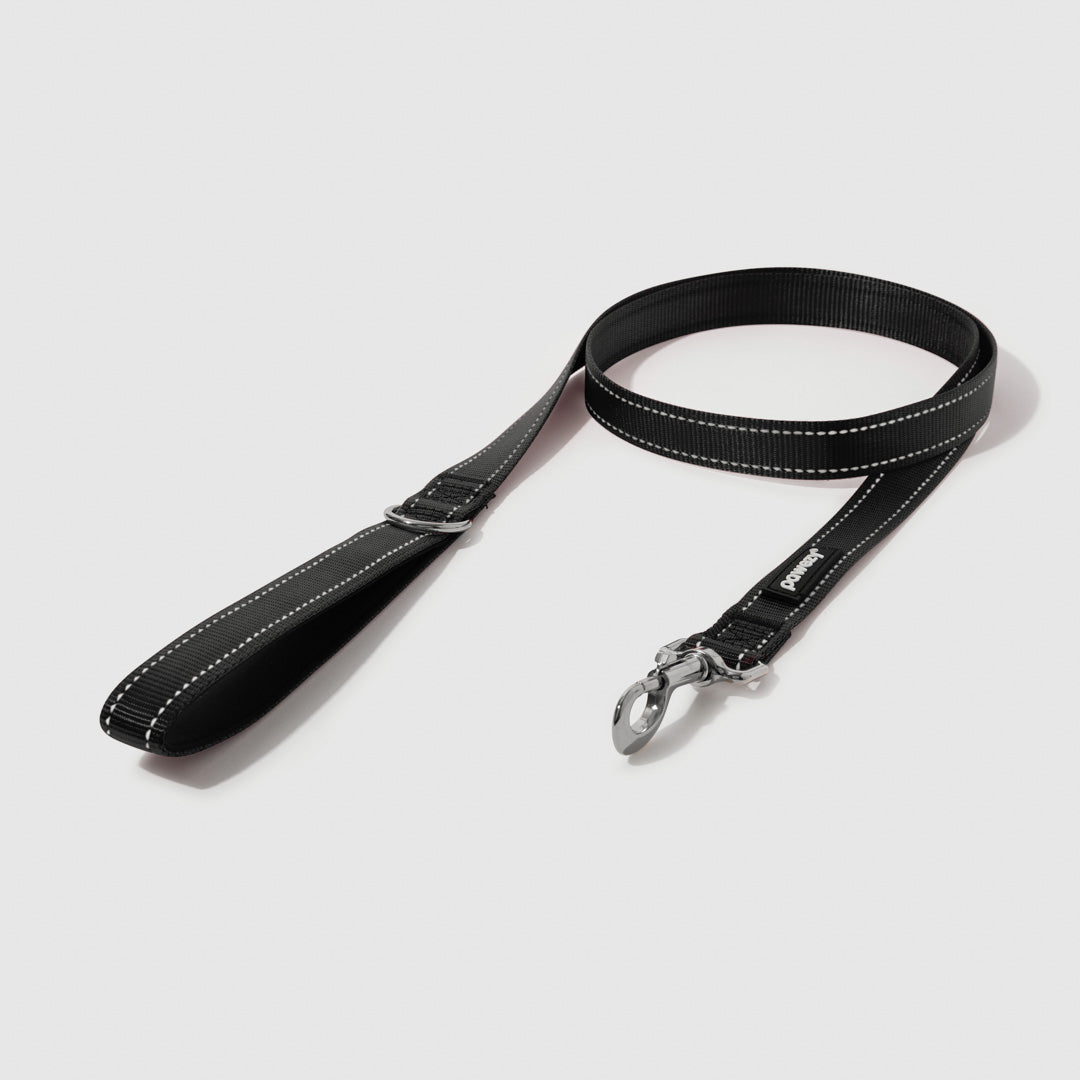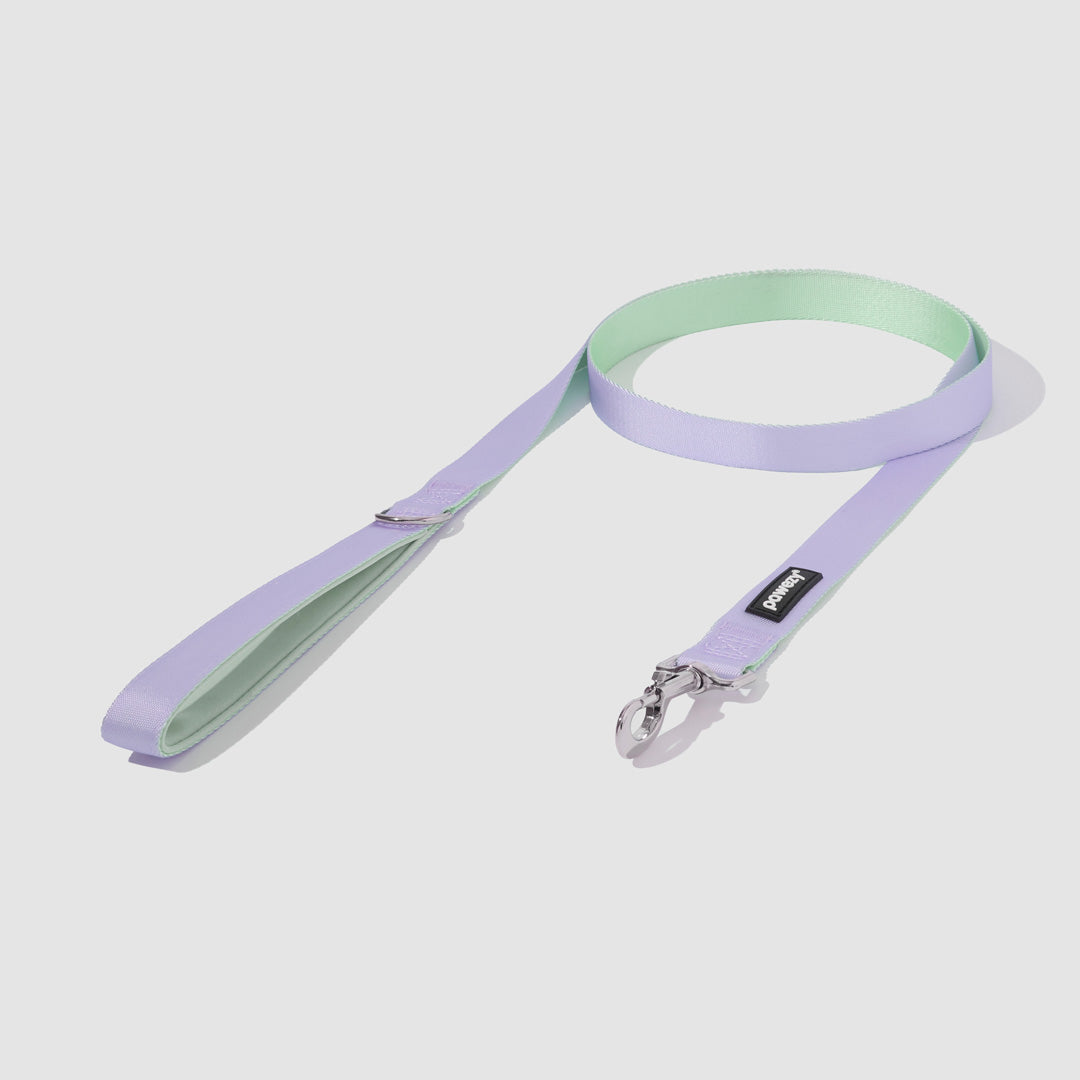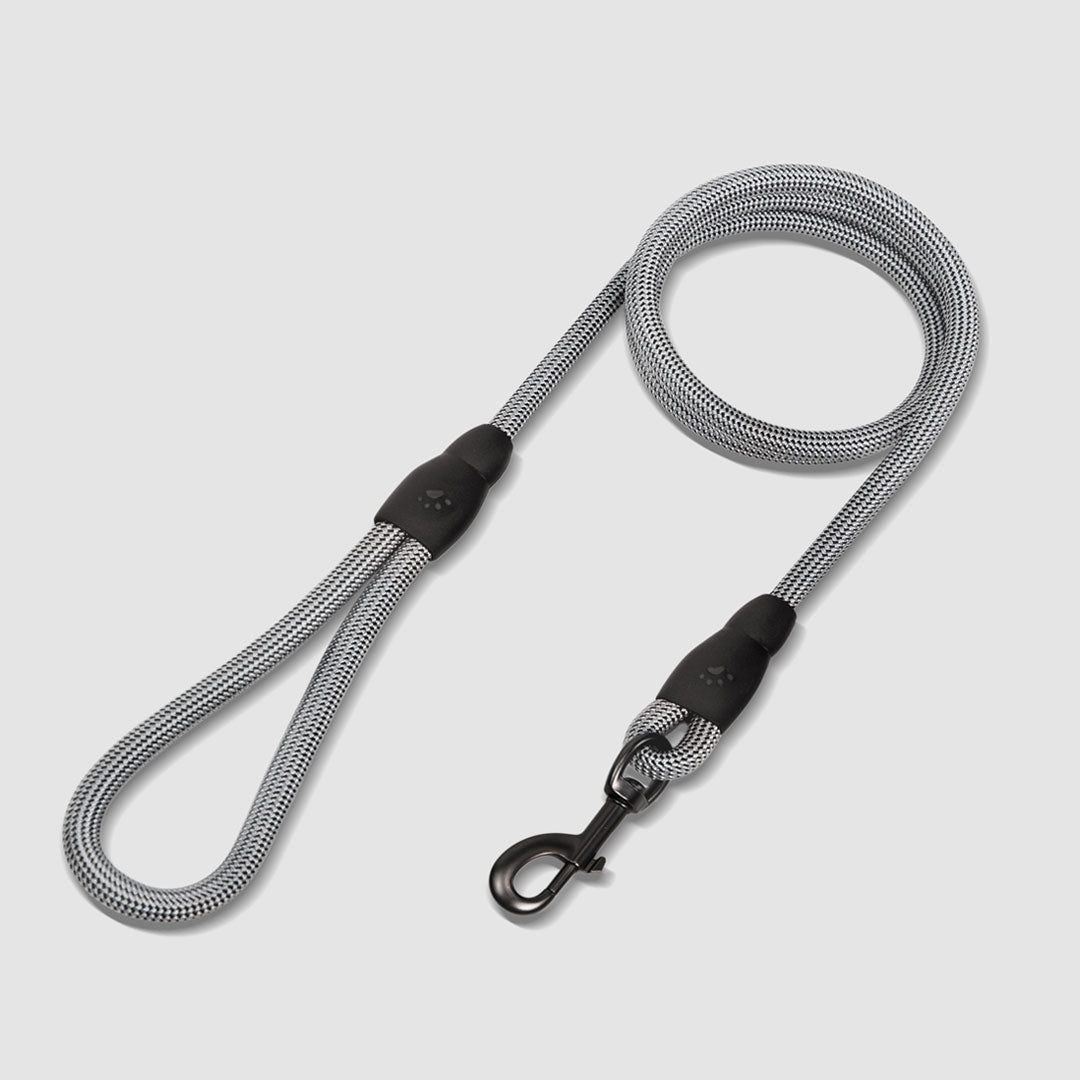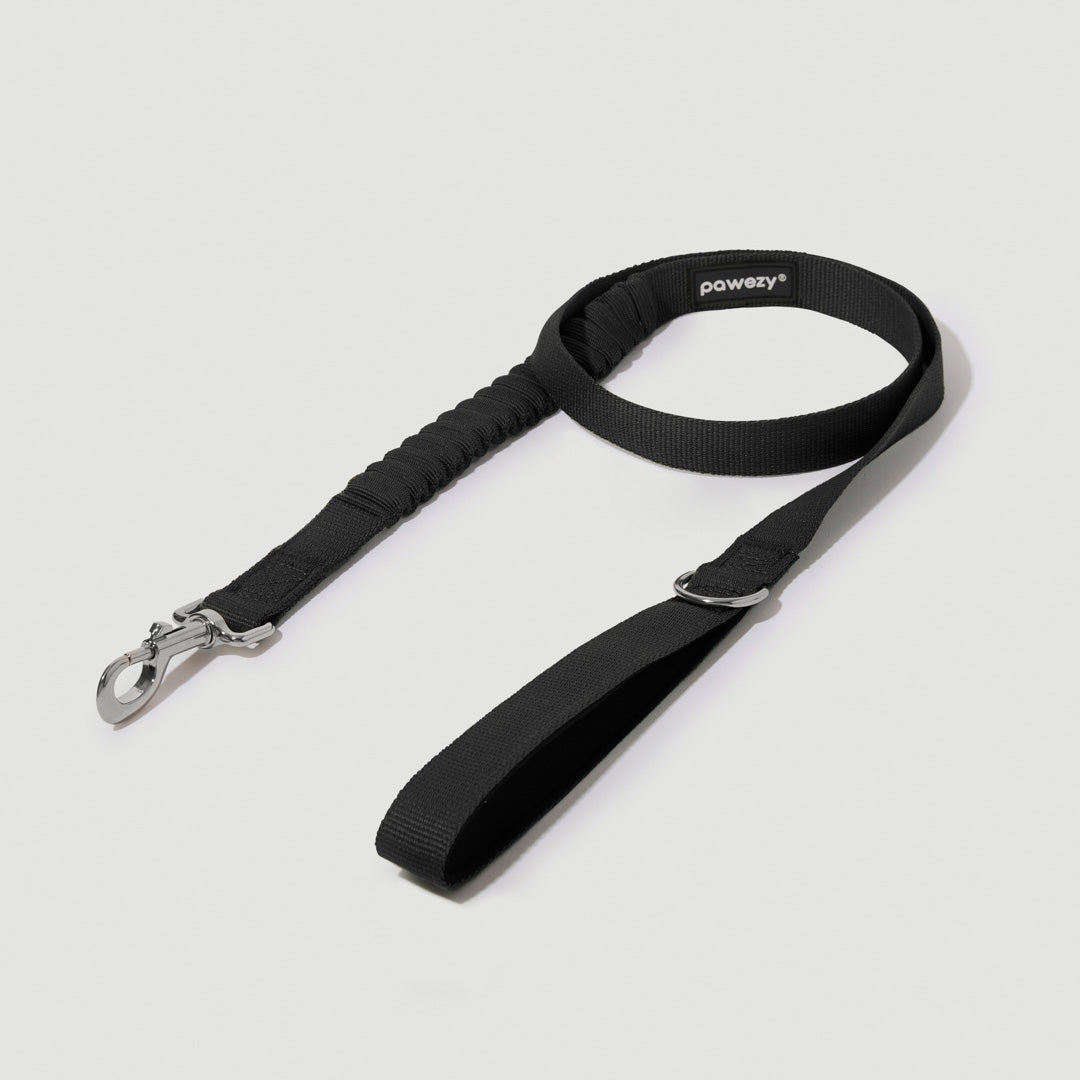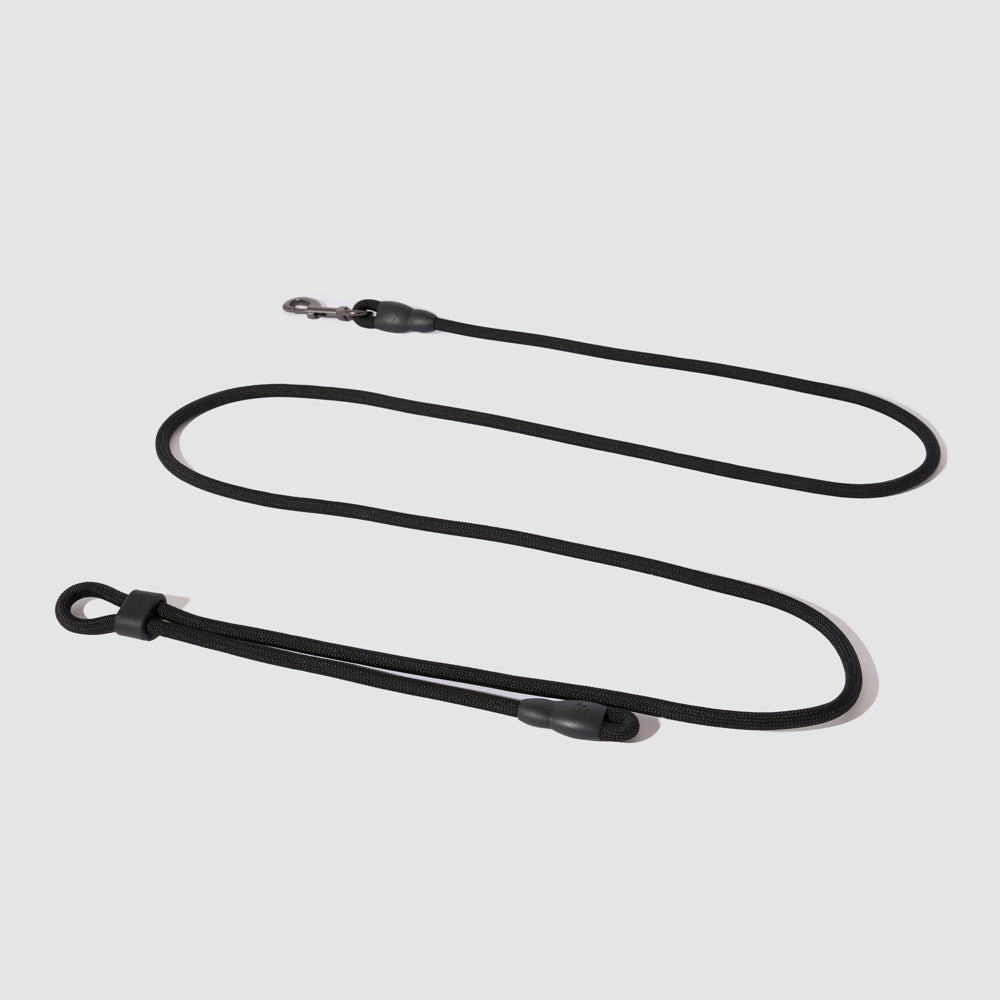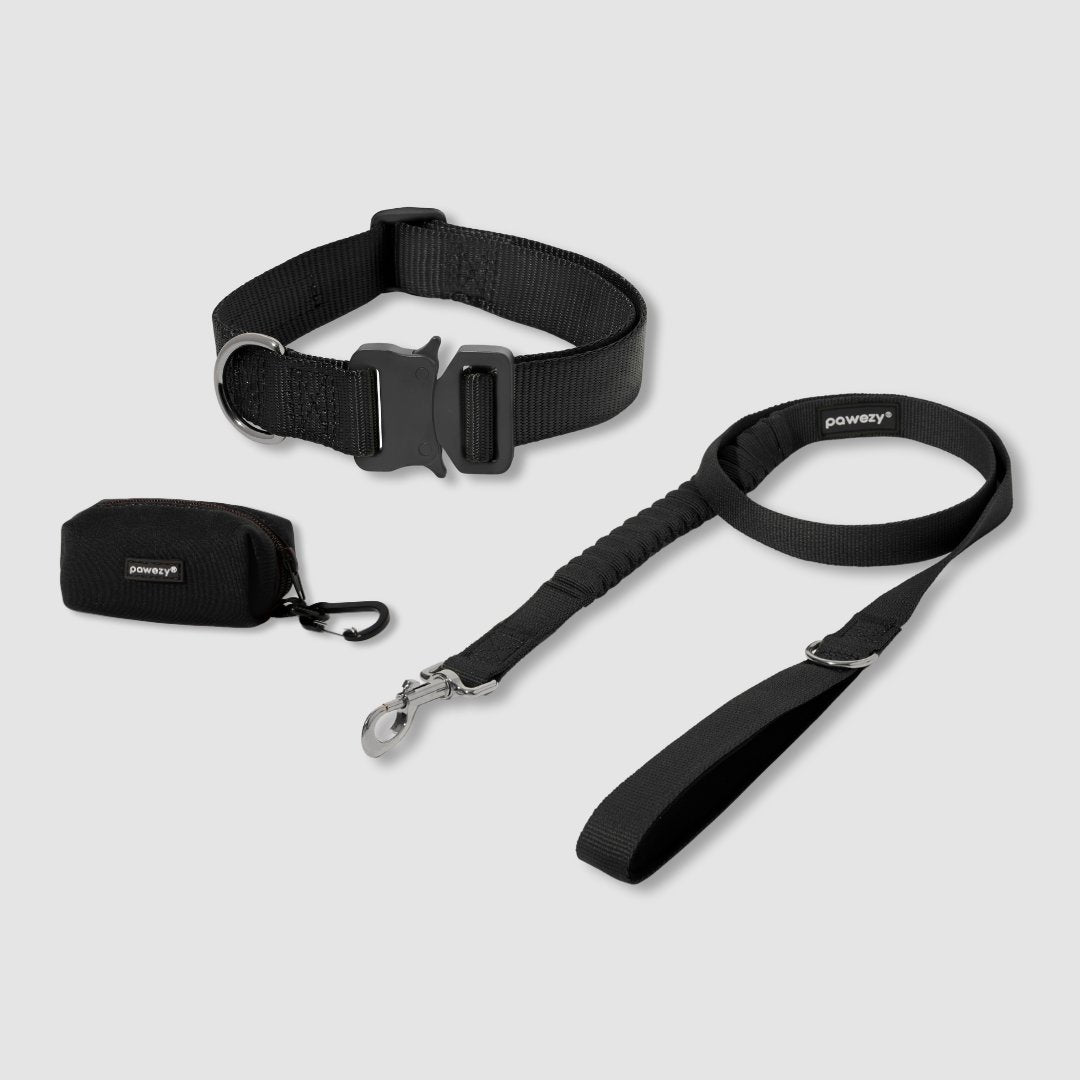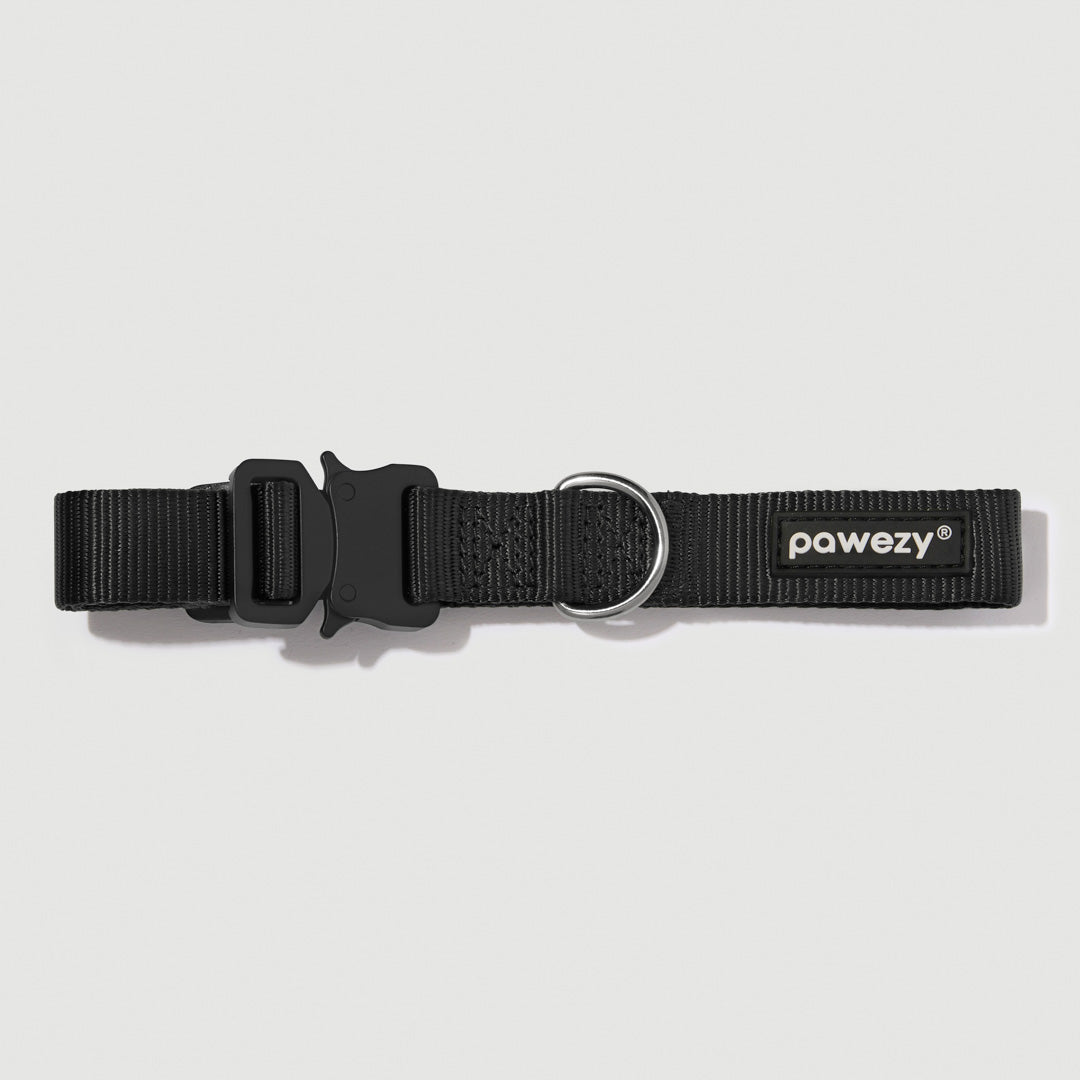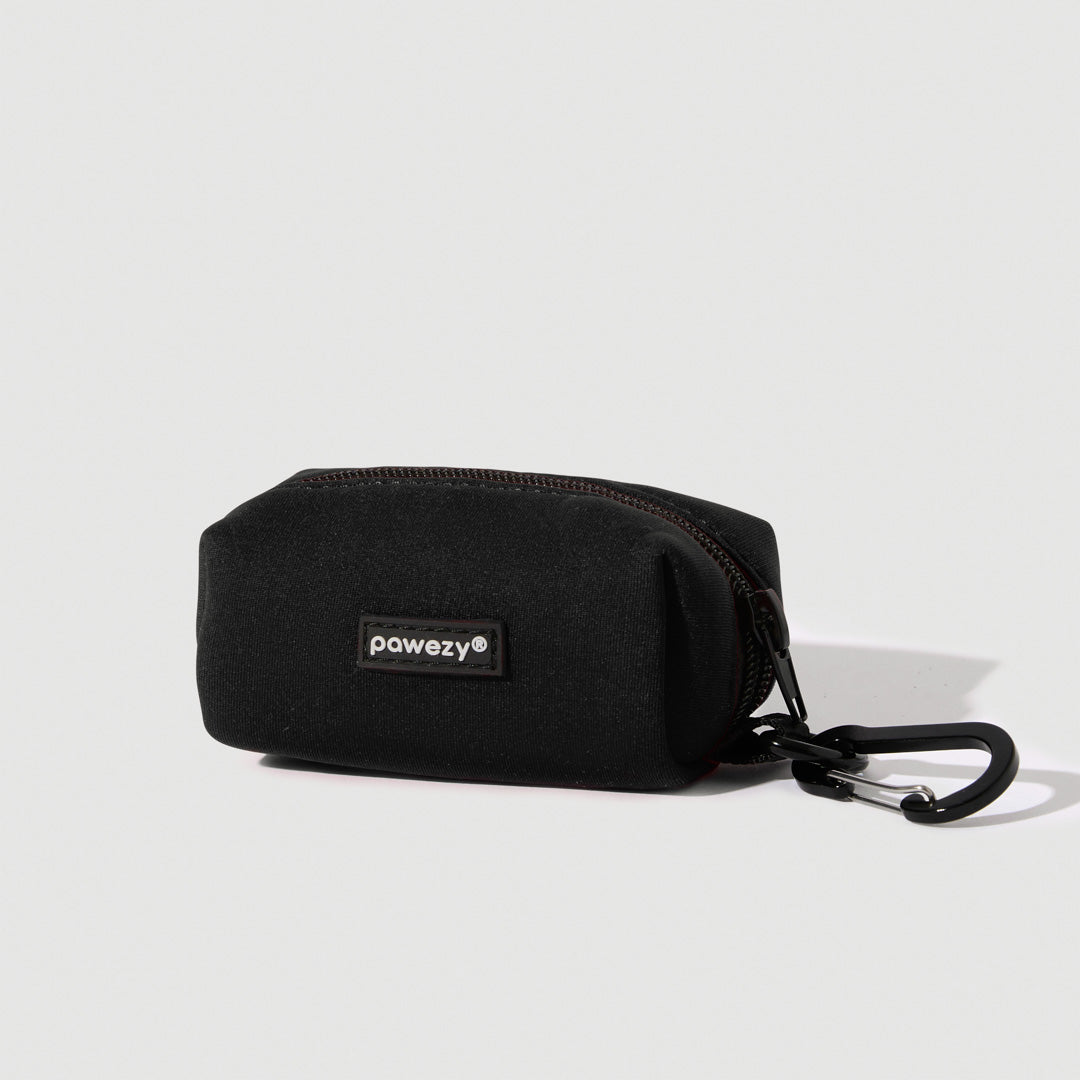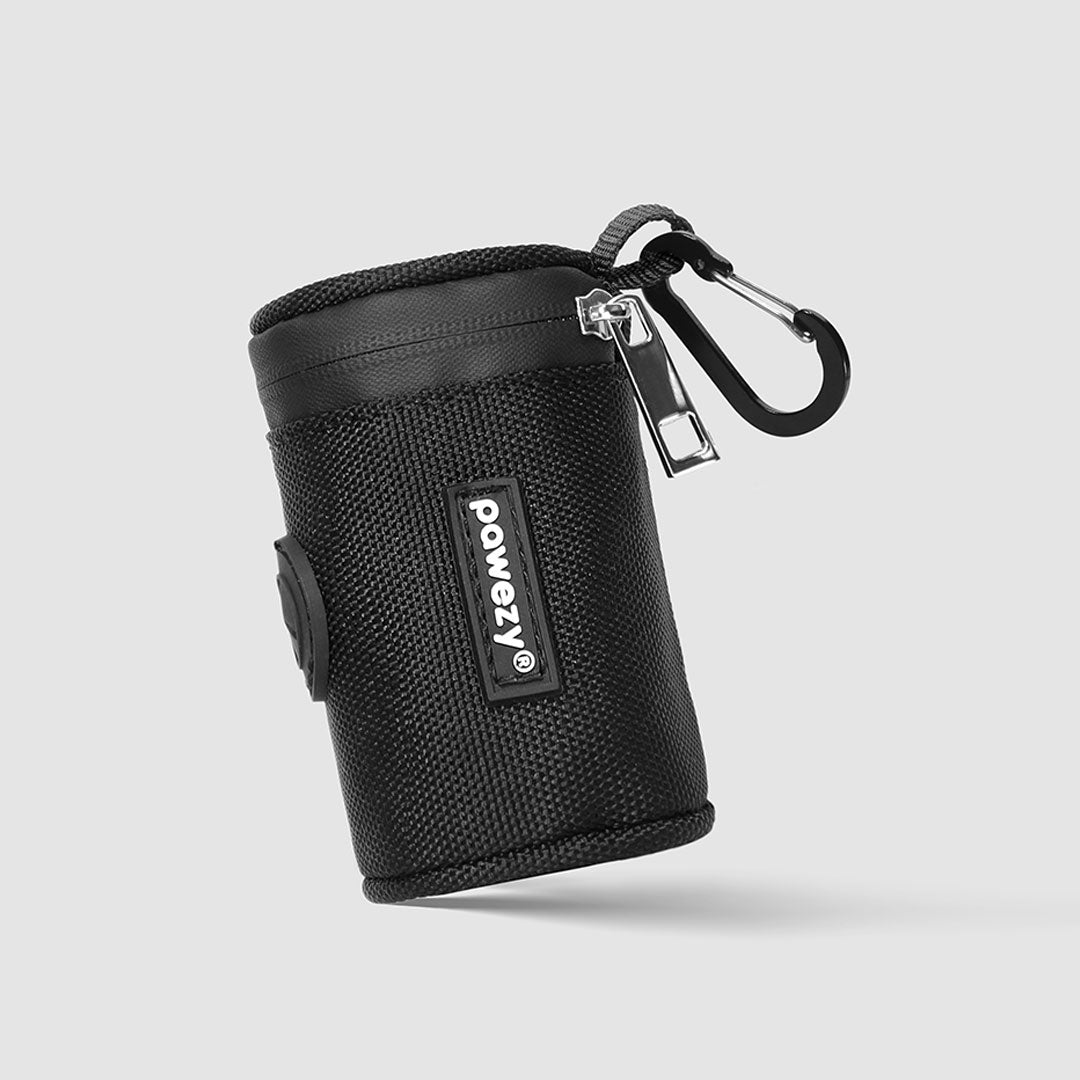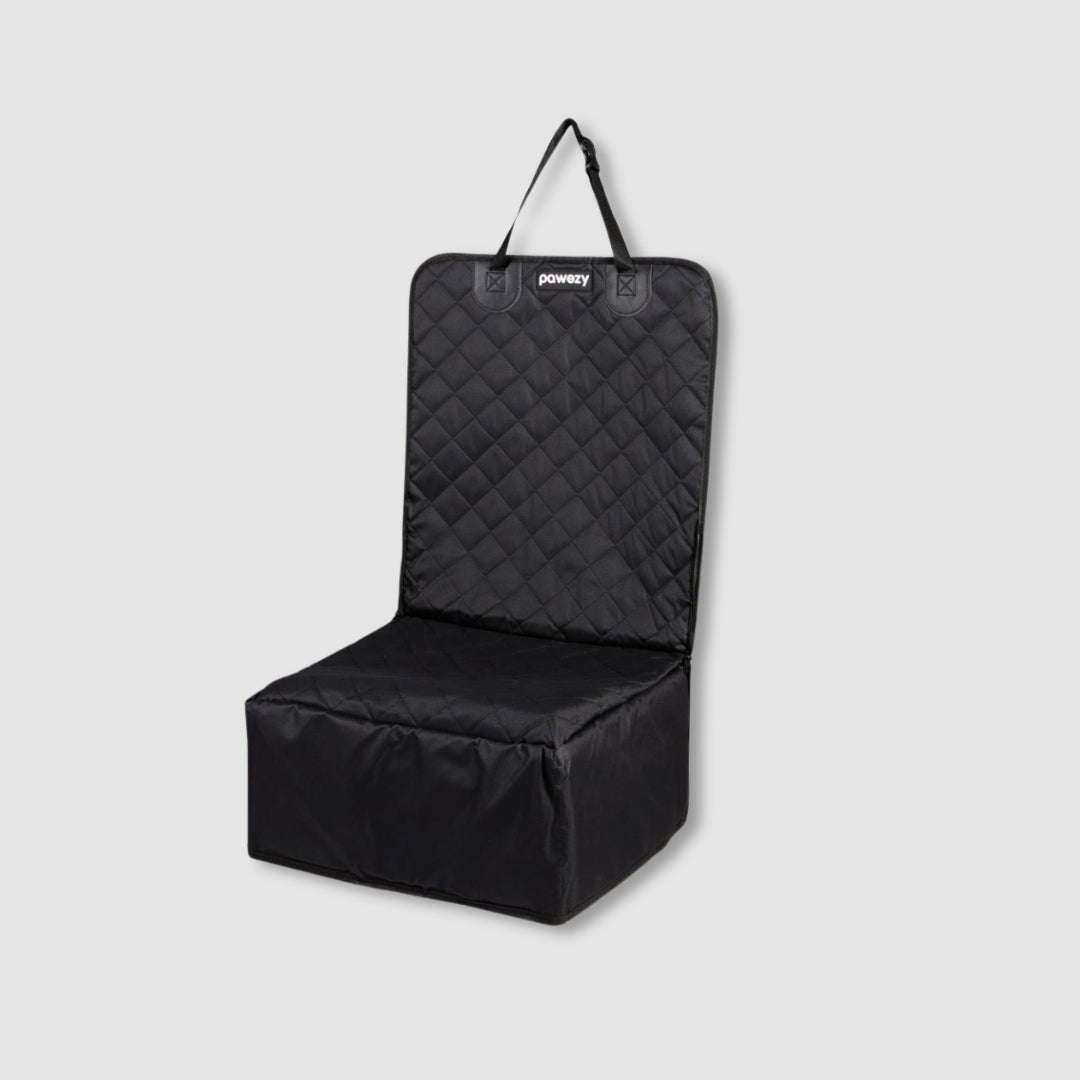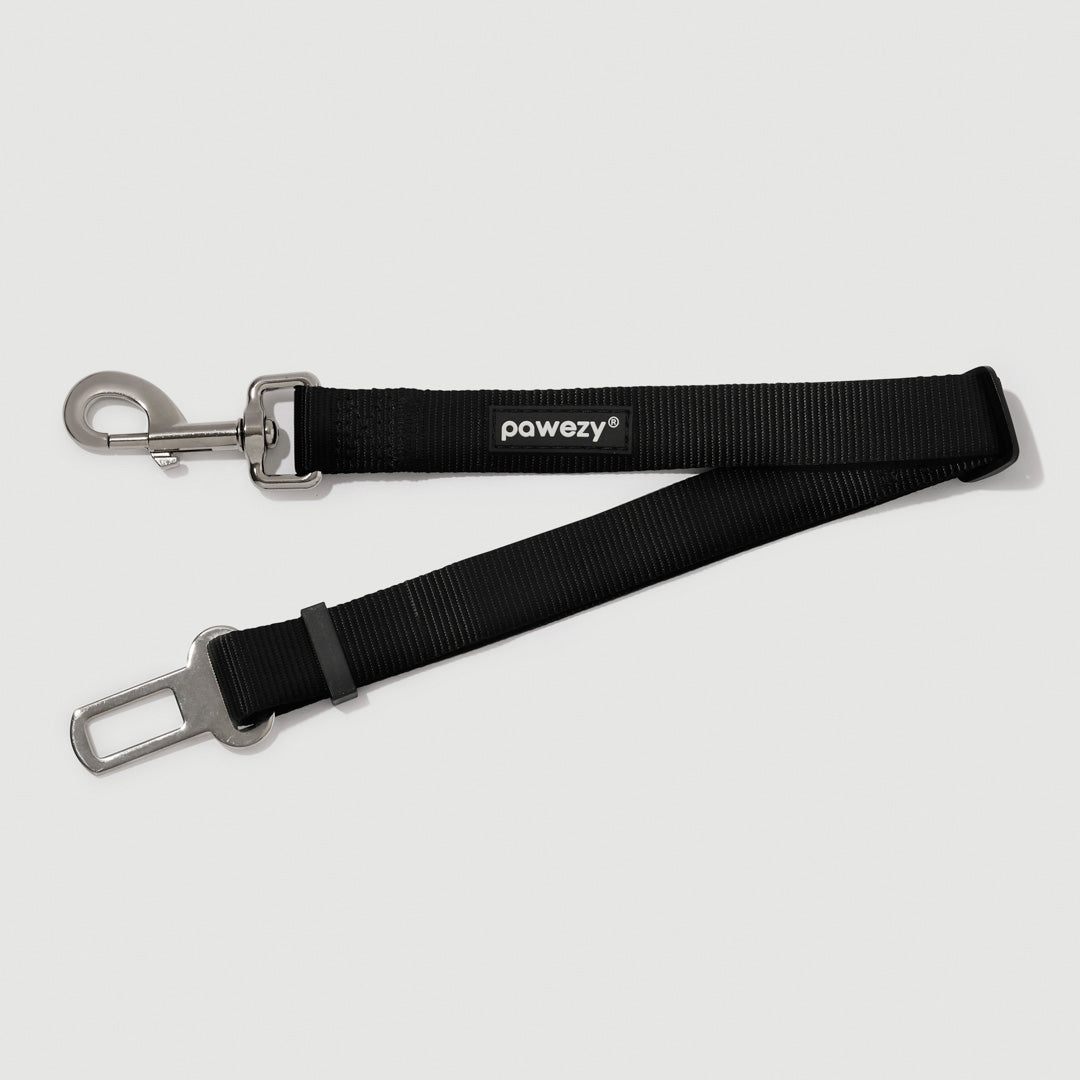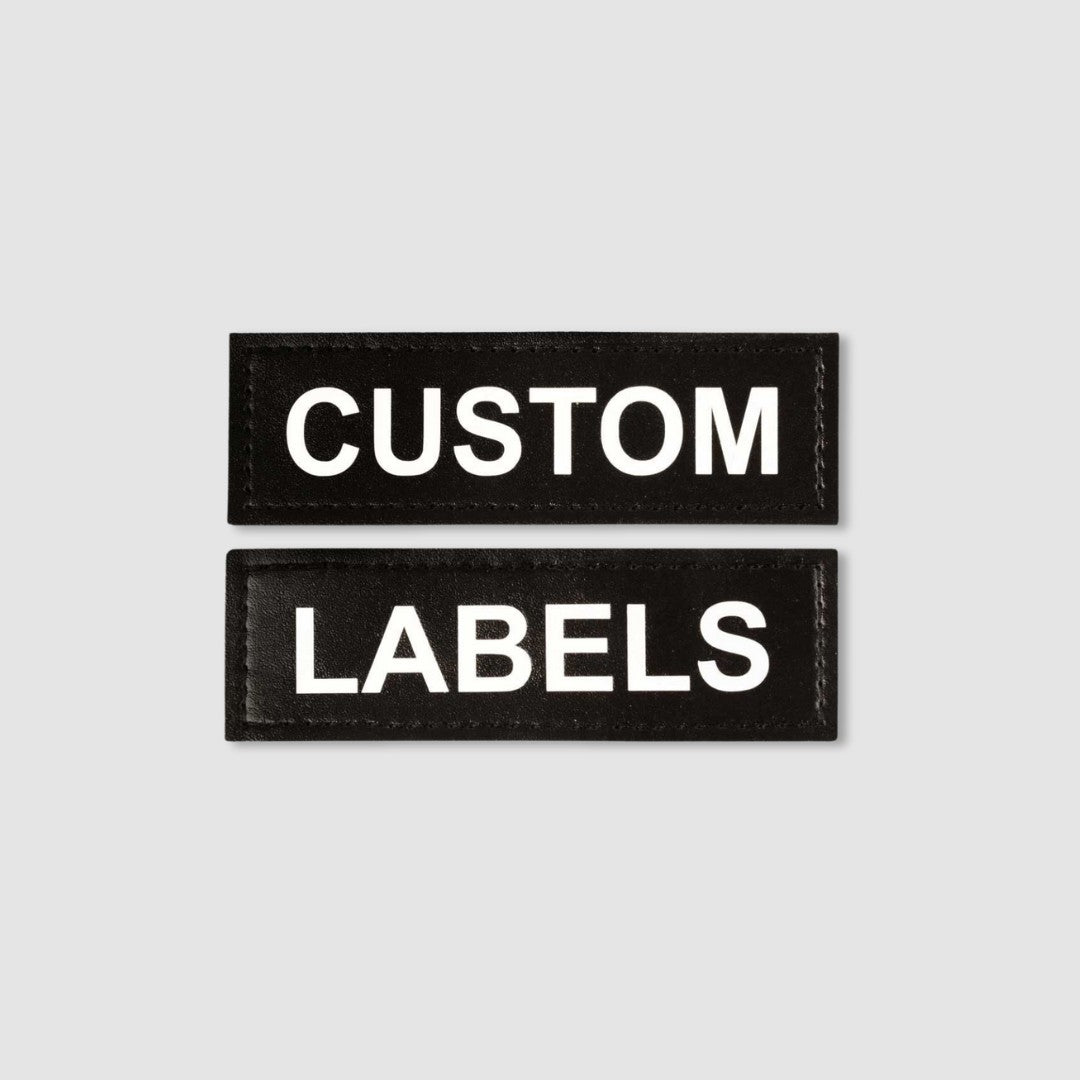Is Your Dog’s Gut Health the Hidden Cause Behind Itching, Paw Licking, and Allergies?
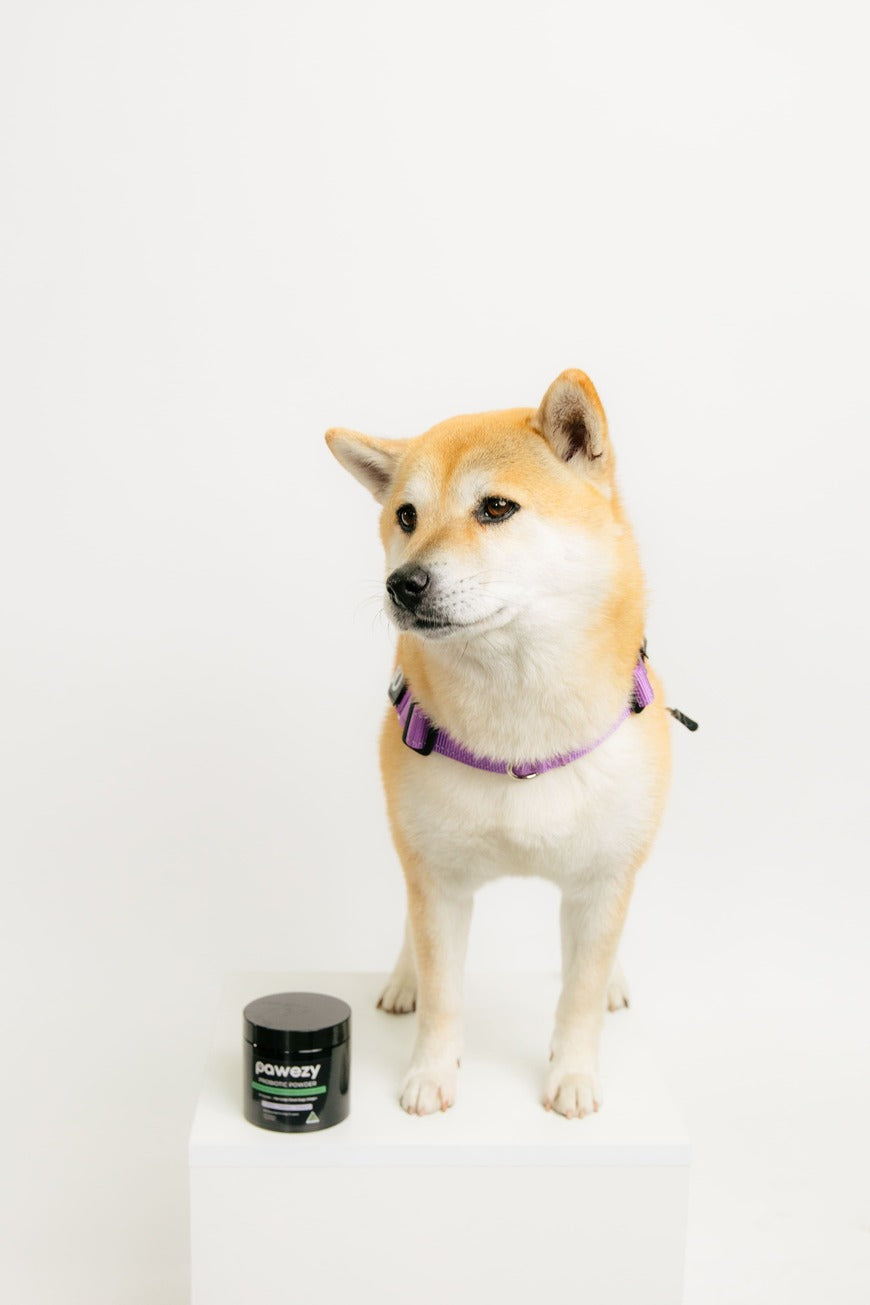
Does your dog scratch feverishly, lick their paws raw, or have chronic allergies? The root cause may go a little deeper than seasonal triggers or behavioral problems. The culprit could, in fact, be your dog’s gut. You see, your dog’s digestive system is intricately connected to several body systems, including their immune system. It’s for this reason that we see a wide variety of symptoms when your dog’s gut is in trouble.
Read on to find out whether your dog’s gut health could be the hidden cause behind itching, paw licking, and allergies.
What’s Really Causing Your Dog’s Itching and Paw Licking?
We’ll start off by stressing how every pup is different and that many things cause a persistent itch, paw licking, and allergies. Sometimes, paw licking is a behavioral issue, itching is a short-lived problem, and allergies are rooted in a seasonal environmental disturbance. But other times, the issue has to do with your dog’s gut health. This is an often-overlooked issue among dog parents, but as we get into gut health and its widespread implications, you’ll soon realize why it’s worth looking into.
Why Your Pup’s Gut Health Matters More Than You Think
Believe it or not, gut health is about more than processing food. When your dog’s digestive system is working properly, they’re poised to thrive in life. Alongside digestion, it’s involved with immune system health, chronic disease prevention, and much more. When it’s thrown out of balance or lacking in the health department, various problems may come up for your dog, including illnesses and conditions that cause allergies, paw-licking, and itching.
How the Gut and Immune System Are Connected in Dogs
A whopping 80% of your doggo’s immune system is situated in their gut.
A thriving gut absorbs and synthesizes nutrients the immune system needs to fight off infections, and the gut lining guards against outside pathogens that could make a dog experience inflammation, which weakens the immune system and opens a dog up to allergies. This doesn’t happen with a healthy gut.
How Gut Problems Cause Itching in Dogs
So, how do gut problems result in itching? It’s simpler than you might think.
Gut issues cause inflammation, often in the skin. And when the skin is inflamed, it can result in that frenzied itching your dog is suffering from. It can also trigger skin discoloration, dry skin/rough scaly patches, and more. When your dog is suffering from skin issues, it may be connected to an allergy (we’ll address this in a moment).
How Gut Problems Cause Paw Licking in Dogs
Dogs lick their paws from time to time; it’s usually normal. But if they’re doing it constantly, it’s abnormal. Many studies, including this one by Veronique Becuwe-Bonnet, have shown that licking abnormalities and gut problems are very closely related. Your dog could be suffering from a swallowed foreign body, chronic pancreatitis, or another GI condition.
Note: The only way to tell for sure whether a dog has a GI condition is to take them to the vet for testing.
How Gut Problems Cause Allergies in Dogs
A gut microbiome that’s out of whack may prompt an overactive immune response, where a dog’s immune system fights against harmless things. In this sort of situation, food ingredients and environmental substances become irritants and cause allergy symptoms like itching, runny nose, red eyes, watering eyes, and more. So, if your dog has allergies, they could very well originate in the dog’s digestive system.
Signs Your Dog’s Gut Might Be Out of Balance
Now, how are you supposed to know whether Fido’s gut is out of balance? This can be difficult to decipher because over a dozen symptoms could point to tummy trouble in a dog. On top of that, the symptoms are super common and can be attributed to countless conditions. Nonetheless, they include:
- Diarrhea
- Constipation
- Regurgitation
- Vomiting
- Lack of appetite
- Bloating
- Blood in stools
- Mucus in stools
- Tenderness in the belly
- A hunched-over posture
- Smelly gas
- Whining when picked up
If you notice one or more of these symptoms, it could mean there’s a digestive problem. But it doesn’t guarantee it.
Common Triggers That Mess with Gut Health
Want to know why a dog might find themselves battling problems with digestion? Here are some of the most common triggers that interfere with gut health in canines:
- Eating things they shouldn’t (garbage, scraps from your meals)
- Going through a dietary change (switching out their kibble, adding new foods, etc.)
- Stressful situations, like taking a flight for the first time or being separated from their owner
- Getting into something toxic (chocolate, certain plants)
- Infections like parvovirus
- Intestinal blockages
- Illnesses like pancreatitis or gastric dilation
- Cancer
The Role of Probiotics, Prebiotics, and a Balanced Diet
There are good and bad bacteria living in your dog’s digestive system. In order for your dog’s gut to be healthy, there should be a balance between the good and bad bacteria. A proliferation of bad bacteria can lead to gut-related issues like the ones we went over earlier.
Now, let’s get into some definitions:
- Probiotics are good gut bacteria that make your dog’s immune system stronger, enabling them to fight pathogens and maintain a healthy weight. Researchers also believe that probiotics can stabilize cholesterol, reduce a pup’s risk of IBS and cancer, and relieve allergies.
- Prebiotics are compounds that feed the good gut bacteria (probiotics). They help probiotics do their job, which is to support healthy digestion and stave off disorders of the digestive tract.
It’s Time to Stop the Paw Licking, Itching, and Allergies
Ready to begin protecting your dog’s gut right now? The first thing to do is call up your vet and ask them about probiotic dog supplements. Dog probiotics help to support normal digestive function and immune system wellness. Many dog lovers and owners who try them find that they reduce allergy symptoms, itchiness, and constant paw licking.
You can get yours online in powder form. Just sprinkle the powder probiotic supplement over your dog’s food once daily and wait for an improvement in their symptoms.
Tips to Support Your Dog’s Gut (and Ease Their Itching)
We’ll bet you want to maximize your dog’s chances of finding relief. And the good news is that you can! In addition to getting your dog on probiotics, try the following:
Feeding Your Dog a Balanced Diet
Your dog’s diet should be well-rounded and nutrient-dense. The average canine needs carbs, fat, vitamins, protein, minerals, and water. You can read more about your dog’s dietary requirements here.
Giving Raw Food, if Feasible
Experts have found that putting a dog on a raw food diet can result in a lower risk of digestive issues in some cases. With this diet, you’ll feed your pup fresh muscle meat (chicken, turkey, beef, etc.), fruits, and vegetables - no cooking or commercial kibble allowed. Just know that not all dogs are good candidates for this type of diet and that you should ask your vet before making the switch.
Keep Stress Under Control
Stress can throw off your dog’s digestive system in more ways than one. One of the main ways is through gastrointestinal inflammation, which leads to a myriad of other problems. To help keep the stress away, make sure your doggo gets regular exercise to release tension and frustrations. They should also have playtime every day with purposeful mental stimulation.
Keep Up with Routine Vet Visits
Since there’s no way to know everything that’s going on with your dog, it’s important to take them to the vet for regular checkups. And whenever you do go, bring up any concerns you have about your dog - even small ones. Your vet should investigate issues thoroughly and keep you abreast of their medical findings. One quick conversation and exam could be enough to keep your mind at ease and your dog’s gut health on track.
When to Talk to Your Vet About Gut-Related Allergies
Some might hesitate to talk to a veterinary professional about gut-related allergies or problems, and that’s never the way to go. Feel free to loop your vet in whenever you’re concerned about your dog’s health, or you think there’s a problem and home remedies aren’t working as expected.
Your Dog’s Gut is Everything
So, there you have it - your dog’s gut health could be the hidden cause of paw licking, itching, and allergies. Their digestive system plays a much bigger role than most people realize. From powering the immune system to influencing allergic responses and even skin health, the gut is at the heart of your dog’s overall well-being. And with the information we’ve shared in this article, you’re better prepared to offer the support they need to be at their best.
Frequently Asked Questions (FAQ)
Are certain dog breeds more prone to gut-related allergies?
Yes, breeds like Golden Retrievers, Labs, Bulldogs, Dalmatians, and German Shepherds are more likely than others to develop gut-related allergies.
How long does it take to see improvements after changing my dog’s diet or adding probiotics?
The timeline for improvement after dietary changes or probiotics can range from a few days to several weeks. If you’re not seeing positive progress after that time, reach out to your veterinarian for advice.


